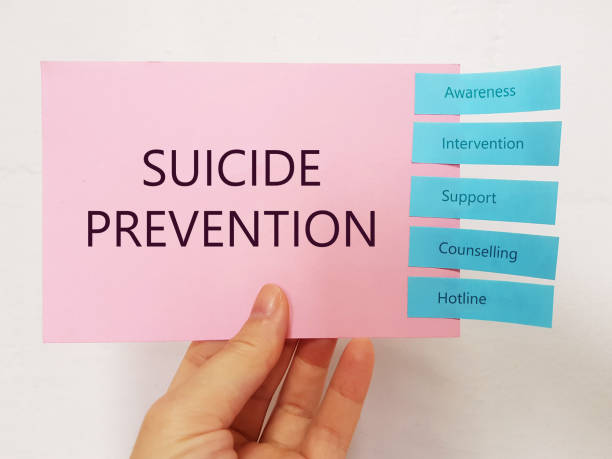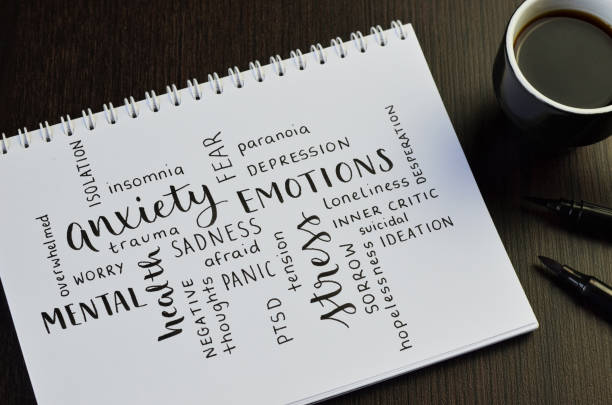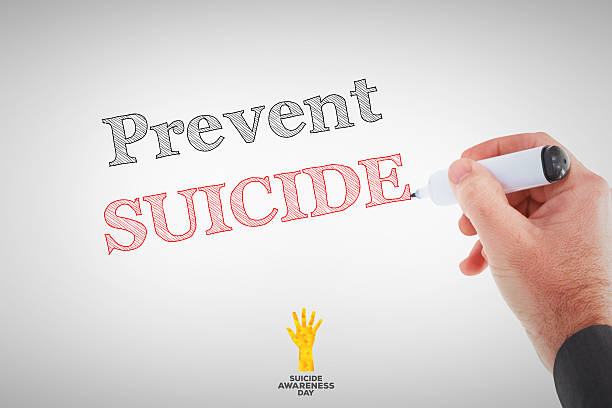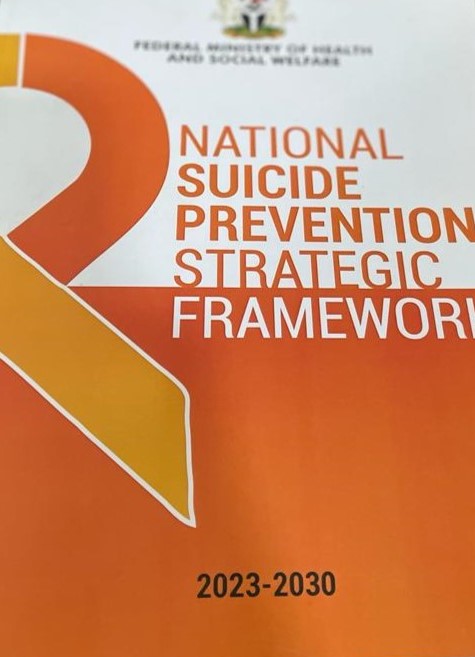The recent tragic incident involving the suicide of 32-year-old banker Amarachi Ugochukwu has brought to light the pressing need for increased awareness and action regarding mental health issues, particularly within the workplace. The distressing note left by Amarachi included concerns about the state of the economy and the resultant hardship she was facing as well as low figures which likely refer to key performance indicators (KPIs) for the preceding year at her banking job. This sheds light on the intense pressure she was experiencing and how she could not handle it. Generally, in a country like Nigeria, where economic challenges are escalating, the pressure on citizens and professionals alike is further compounded.

As the economy tightens, people have to work through increased financial strain, job insecurity, and heightened competition in the workplace. These factors contribute to stress, anxiety, and depression, making it imperative for organisations to address the mental health of their employees. Employers must adopt measures to create a healthier work environment, focusing on realistic goal-setting, providing mental health resources, and fostering a culture that encourages open communication about mental health concerns.
Recognising the urgent need to address mental health challenges at a national level, the Federal Government of Nigeria introduced the National Suicide Prevention Strategic Framework (hereafter ‘Strategic Framework’) 2023-2030. As economic pressures intensify, the Strategic Framework becomes a vital tool in fostering a supportive environment by establishing and operationalising suicide prevention programs, strengthening the policy and legal framework, improving access to quality services, raising awareness, and conducting research on suicide. More specifically, the main objectives of the Strategic Framework are:
- To establish a suicide prevention governance structure in Nigeria which will include the following (National Suicide Prevention Steering Committee, and National Suicide Prevention Technical Working Group at national and state level).
- To establish and strengthen policy, legal framework and resource mobilisation for effective operationalisation of the suicide prevention governance structure
- To improve access to quality and integrated services for suicide interventions at all levels of care
- To increase awareness raising and advocacy on suicidal behaviour and suicide prevention
- To strengthen research, surveillance monitoring and evaluation of suicide

The introduction of the Strategic Framework is a significant stride towards a more holistic and systematic approach to mental health and suicide prevention in Nigeria. It aligns with the urgent call to action prompted by the continuing rise of suicide in Nigeria, emphasising the need for a collective effort from government bodies, civil society organisations, employers, community and religious leaders and individuals to address mental health challenges effectively.
In recent years, the private sector has also increasingly recognised its crucial role in fostering mental health and contributing to suicide prevention efforts. The Strategic Framework recognises that in providing financial support, engaging in corporate social responsibility initiatives, ensuring responsible advertising, supporting mental health programmes at the workplace, and complying with established policies, the private sector can become a key partner in the collective effort to prevent and control suicide.
As an organisation, the Centre for Health Ethics Law and Development (CHELD) is committed to promoting mental health and the rights of persons with mental health conditions in Nigeria. This commitment is evident through various initiatives including its active participation in supporting the development of the Strategic Framework, awareness campaigns and advocating for the decriminalisation of suicide- one of the critical aspects of mental health identified in the Strategic Framework. There is an urgent need to repeal Section 327 in the Criminal Code Act in Nigeria, which currently treats suicide as a criminal offence. In removing legal repercussions for individuals who attempt or die by suicide, the focus can shift from punitive measures to compassionate support and mental health intervention.

Another concerning aspect of suicide in Nigeria is the use of easily accessible and highly lethal pesticides. The Strategic Framework adopts collaborating with the Ministry of Agriculture and other stakeholders to develop and operationalise a Pesticide Control Policy on Suicide Prevention to regulate the availability and sale of pesticides, particularly those commonly used in suicide attempts. This is a step in the right direction as integrating a Pesticide Control Policy into the broader Suicide Prevention framework will address the specific means through which individuals may harm themselves, promoting a safer environment and limiting access to lethal substances during moments of crisis.
At the national and state levels, the initiation of a suicide prevention steering committee that consists of a Steering Committee, and Suicide Prevention Technical Working Group plays a pivotal role in implementing strategies to address the complexities of suicide prevention. It is thus paramount that this is established as soon as possible. These measures ensure a comprehensive and coordinated effort in tackling the multifaceted challenges of suicide in the country.

As we grapple with losing individuals like Amarachi Ugochukwu, our collective responsibility extends beyond immediate grief to advocating for systemic changes. Decriminalising suicide and implementing a Pesticide Control Policy on Suicide Prevention as highlighted as one of the strategies in the Strategic Framework are essential steps towards fostering a society that prioritises mental health, compassion, and proactive measures to prevent further tragedies.

